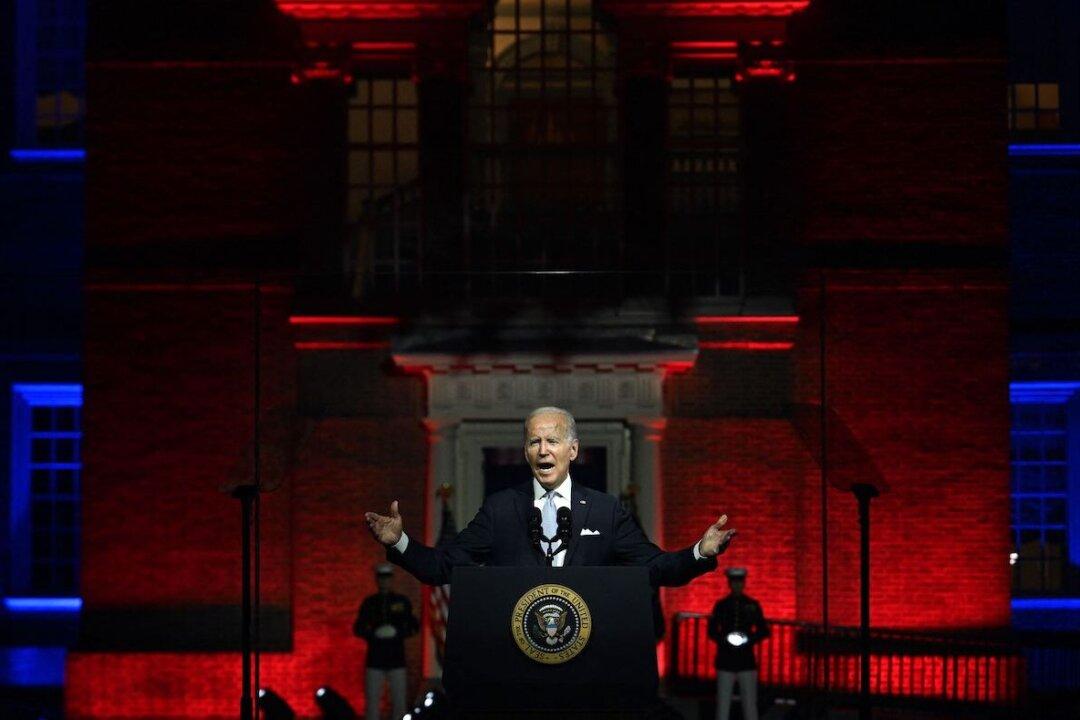Commentary
There may be no law in your family about exchanging birthday cards or gifts. If there is an informal rule about it and you forget your mother’s birthday, you won’t be arrested. But you will hear about it, if only through the “silent treatment.”





